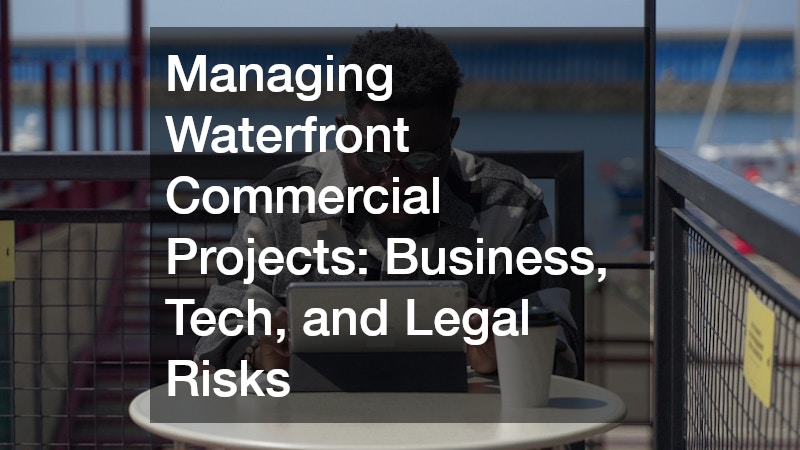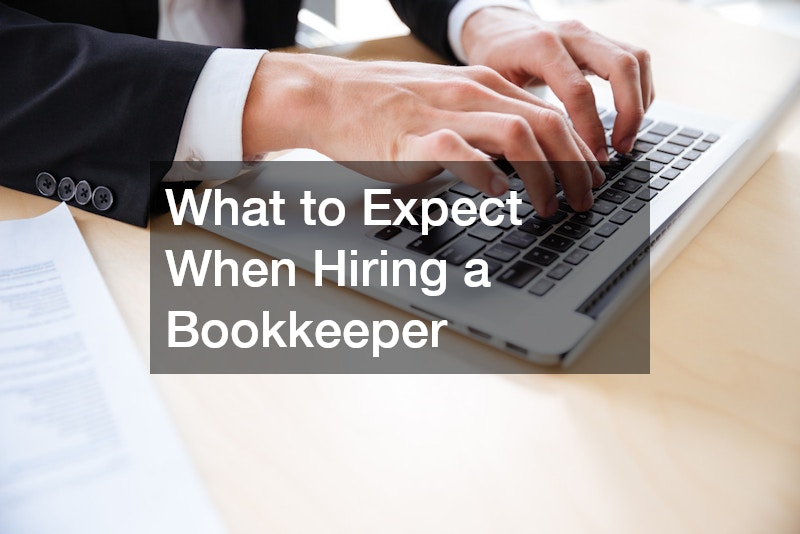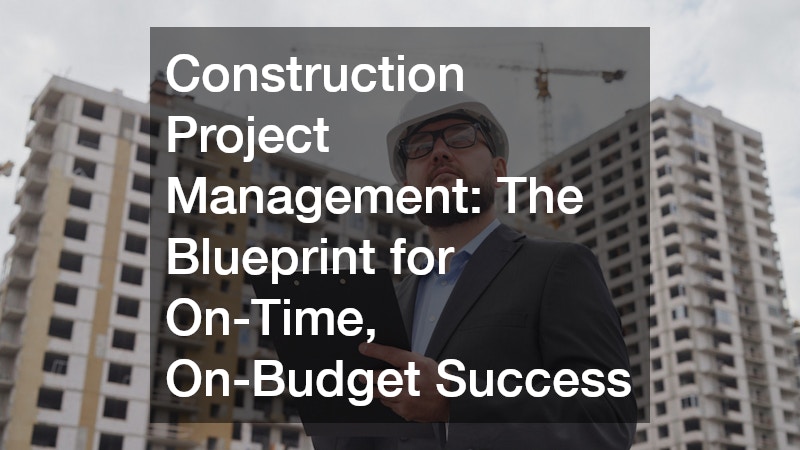Romantic relationships are not immune from the impact of the COVID-19 pandemic. The effect of stressors varies, though, among couples. The health of the relationship before the onset of the pandemic determines its survival.
Living Apart in the Pandemic
Unmarried couples who live apart and must endure the long separation due to the pandemic are resorting to virtual chats. For some, this resulted in deciding to get tested and fully vaccinated to be able to move in together. Some even decided to get married, even if it meant having no wedding celebration. For others, a long-distance relationship exposed the weaknesses of their bond, and they decided to part ways for good.
Living Together in the Pandemic
Married or unmarried couples who live together face a different set of challenges. One of the primary issues would be differences in views toward COVID-19 safety protocols and vaccination. If the other person does not want to get vaccinated and is careless about protocols, this can be a deal-breaker for the relationship.
Couples may not be used to being cooped up in the house together all day, every day, with no other people to socialize with. They must be able to genuinely enjoy each other’s company and not get tired of each other. Having separate hobbies inside the house can give each one time focused on his or her interests alone, which is also a necessary personal space. This can be as simple as reading or watching an online movie in a genre that the other person is not fond of.
Being together in the house brings up the need to divide chores equitably. When both are working from home, the chores must be scheduled around each other’s work hours. Differences in housekeeping habits can become irritants. These must be discussed calmly.
When there are children, childcare is added to the mix. Having school-aged children doing distance learning and needing supervision demands more time. When both partners are home all the time, previously undiscovered differences in parenting also come to light. Unless the couple can discuss and settle this amicably, it can create deep wounds in the relationship.
When one partner loses a job or gets a cut in salary, financial issues can bear down hard on a relationship. It can cause mental health issues in one or both partners, further straining the relationship. Professional counseling will benefit both in such cases, for them to learn how to deal with the situation and support each other.
Seeing how each one behaves in a crisis could make or break a relationship. For some, this has led to better communication and stronger ties. Instead of blaming each other for any problem, they acknowledge that the pandemic is causing it, and they face it together. They realize that they will always have each other’s back no matter what. The relationship becomes more resilient.
Unfortunately, the challenges of the pandemic can be too much for relationships that were not deeply rooted, to begin with. If the love between the couple is not strong enough for them to develop ways to confront the crisis together, they will tend to confront each other instead.
Torn Asunder by the Pandemic

Divorce has increased in the pandemic and continues to do so. The New York Post stated that from March to June 2020, 34 percent more couples expressed interest in divorcing compared to the same period in 2019. Among them, 31 percent stated that the lockdown broke their relationship.
According to Yahoo Finance, a study shows that divorce agreements increased by 21 percent in 2021 compared to 2020. A majority or 60 percent of divorcing couples were married for just a year or less. There is much to do for experienced divorce attorneys.
Dating Among Singles
The dating scene among singles has also changed drastically during the pandemic. The 2021 Singles in America study of Match shows a high vaccination rate among respondents, with 65 percent of them also seeking partners who are fully vaccinated. The preference for physical attractiveness decreased to 78 percent this year from 90 percent in 2020. Emotional maturity is what 83 percent seek from a partner. This is compatible with the fact that 76 percent are looking for a partner who wants to get married.
Dating is now intentional and no longer a casual hook-up. Instead of immediately meeting up, singles now do video chats where they see if they have shared beliefs and can have a meaningful connection. A survey by Bumble shows that almost 40 percent of users in the U.S. observed a clearer expression of goals and expectations. Singles now know and communicate what they want from a relationship and no longer want to compromise.
With dating becoming a more thought-out process, couples will get to know each other better before plunging into marriage. Marriages that result from these will hopefully last.










